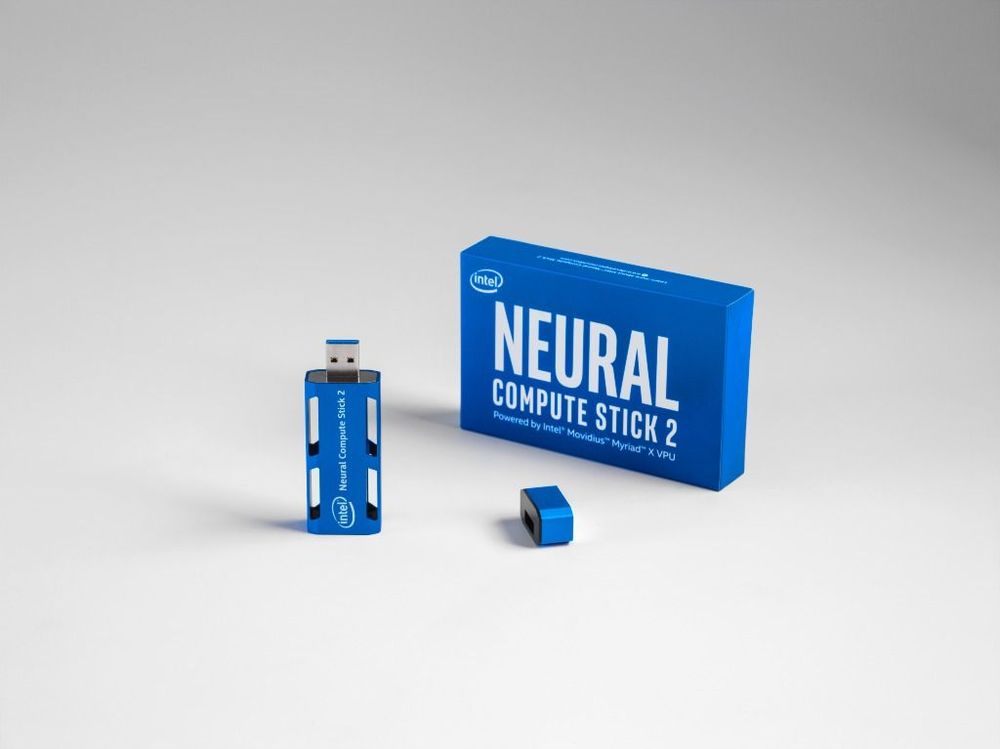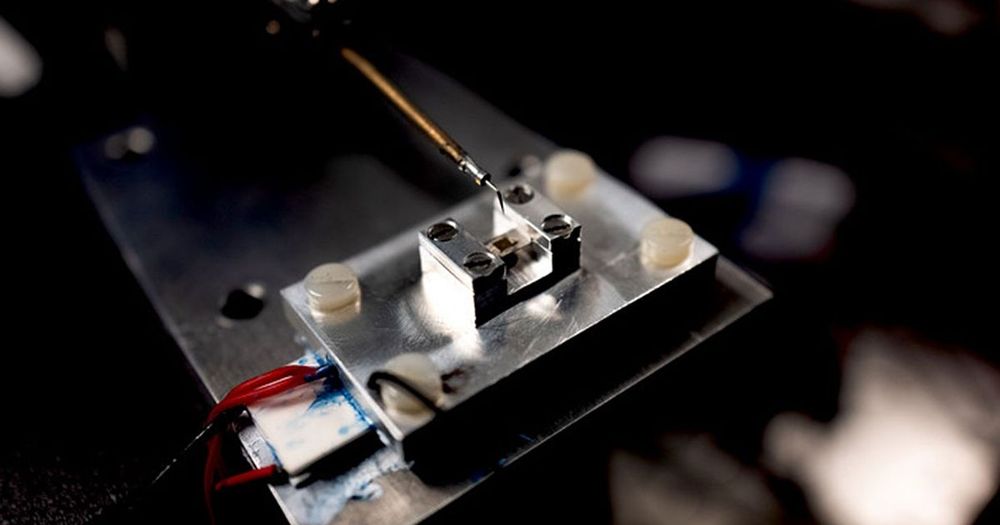Apr 17, 2019
Automation in Scientific Research – Step 1: Invest in Scheduling Software
Posted by Quinn Sena in categories: biotech/medical, robotics/AI
News-Medical speaks to David Dambman from Biosero about the emerging importance of automation in scientific research and how a centralized scheduling software is an essential first step for any laboratory looking to automate their workflow.
Why has automation become so critical to advancing scientific research?
There are many reasons why automation is useful in scientific research. First and foremost, automation is about being able to walk away from your experiments and spend time analyzing your results, rather than carrying out mundane tasks such as transferring liquids from one plate to another.
Continue reading “Automation in Scientific Research – Step 1: Invest in Scheduling Software” »


















